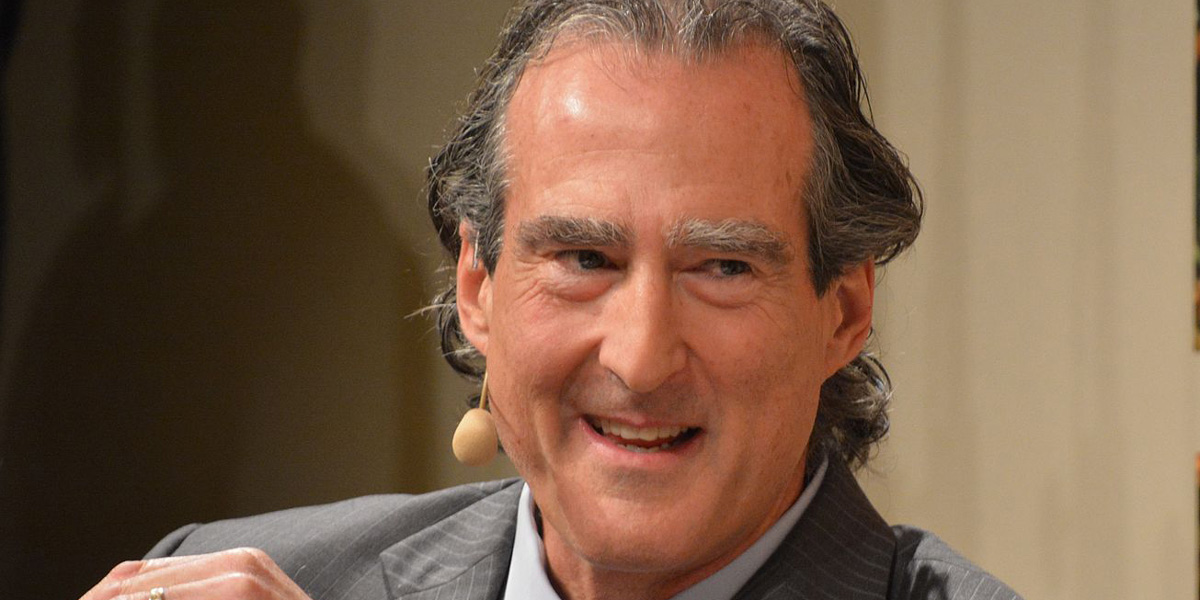
Craig Mello joined bogus attack on GMO crop critics but collaborated with GMO baby pioneer
The Nobel Laureate Craig Mello publicly accused Greenpeace — on the basis of no evidence — of putting babies and children at risk with its critical stance on GMOs. But he stayed completely silent when he discovered that the Chinese scientist Dr He Jiankui was putting babies at genuine (and extreme) risk by his gene editing of embryos that resulted in live births.
Mello, of the University of Massachusetts, was one of the 110 Nobel Laureates who in 2016 signed an open letter accusing Greenpeace of "crimes against humanity" over its stance on GMOs, and in particular its stand against GM golden rice. It has now emerged that Mello, who won a Nobel Prize in 2006 for genetics research, was told as far back as last April by the Chinese researcher He Jiankui about the pregnancy involving the gene-edited babies, who were believed to have been born towards the end of last year.
Craig Mello not only kept a public silence about the gene-edited baby research but, according to the Associated Press, he “stayed on as a scientific adviser for He’s Direct Genomics company for eight more months, until December, just after news of the births became public and drew international scorn”. In fact, Mello attended a Direct Genomics meeting in November, just days before Dr He went public about the gene-edited babies.
Mello told Dr He in private that he was “taking a big risk”. But at no point does he seem to have flagged up Dr He’s research to anyone else, even though the impact of that research could be profoundly damaging, not only for the children concerned but also for their descendants.
Kerry Bowman, a bioethicist at the University of Toronto, told Gizmodo that Mello’s behaviour shows prominent scientists aren’t willing to take action even in the face of a reckless act and clear ethical violation. “The inaction and silence suggests a culture of limited ethical concern. True research ethics is not just about what individuals do in the pursuit of research, but also what they are a part of and bear witness to.”
And despite Mello’s knowledge of He’s gene-editing research, which only became public knowledge thanks to a public records request by the Associated Press, the University of Massachusetts is reportedly not planning any inquiry into Mello’s role in the research, let alone any punitive action.
Another Nobel Prize-winning signatory of the attack on Greenpeace was James Watson. Watson has notoriously expressed his support for gene-editing even for beauty, saying, “People say it would be terrible if we made all girls pretty. I think it would be great.”
The obvious conclusion is that just because a scientist has a detailed technical understanding of their subject area, it doesn’t mean they have a profound grasp of ethics. The attack by Mello, Watson, and their fellow Laureates on Greenpeace also shows how a childish faith in techno-fixes can make even eminent scientists suckers for propaganda and PR manipulation by vested interests.
They do not have the moral authority to dictate what we should be doing with our food and agriculture, let alone the future of the human race. Those decisions belong to society at large and not to specialists who may be afflicted with molecular myopia.
Report: Jonathan Matthews
Image of Craig Mello by Bengt Oberger from Wikimedia Commons










